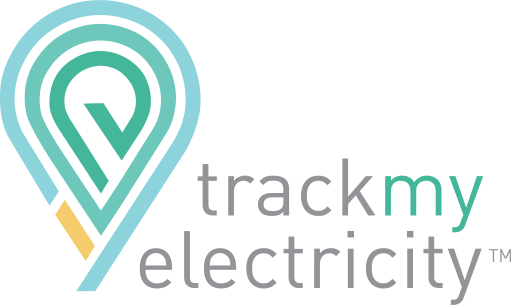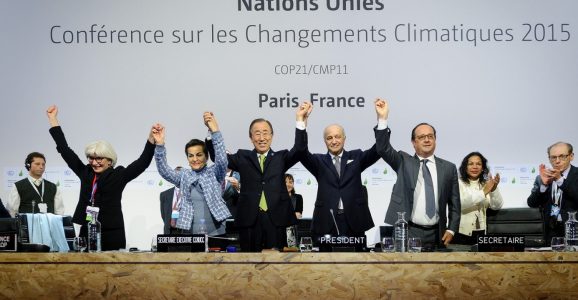The conference was a turning point to accelerate the transition to a low carbon economy and made great momentum for climate action. For the first time the agreement brings all nations into a common cause to undertake ambitious efforts to combat climate change. The aim of the agreement is to limit the global temperature to well below 2 °C above pre-industrial levels to reduce the risks and impacts of climate change by facilitating a pathway towards low greenhouse gas emissions and climate-resilient development.
The Paris Agreement entered into force on 4 November 2016. As of January 2017, 121 countries has ratified the convention accounting for more than 80 percent of the global carbon emissions. Each country are contributing to achievement the agreement by determining goals in Intended Nationally Determined Contributions (INDCs). The contributions are not legally binding, but each country are legally bound to have their progress tracked by technical expert review to assess achievements toward each country’s ambitions. Monitoring, reporting and verification of carbon emissions are an integrated part of the agreement. To achieve the objectives set in the agreement the private sector has a key part to play.



